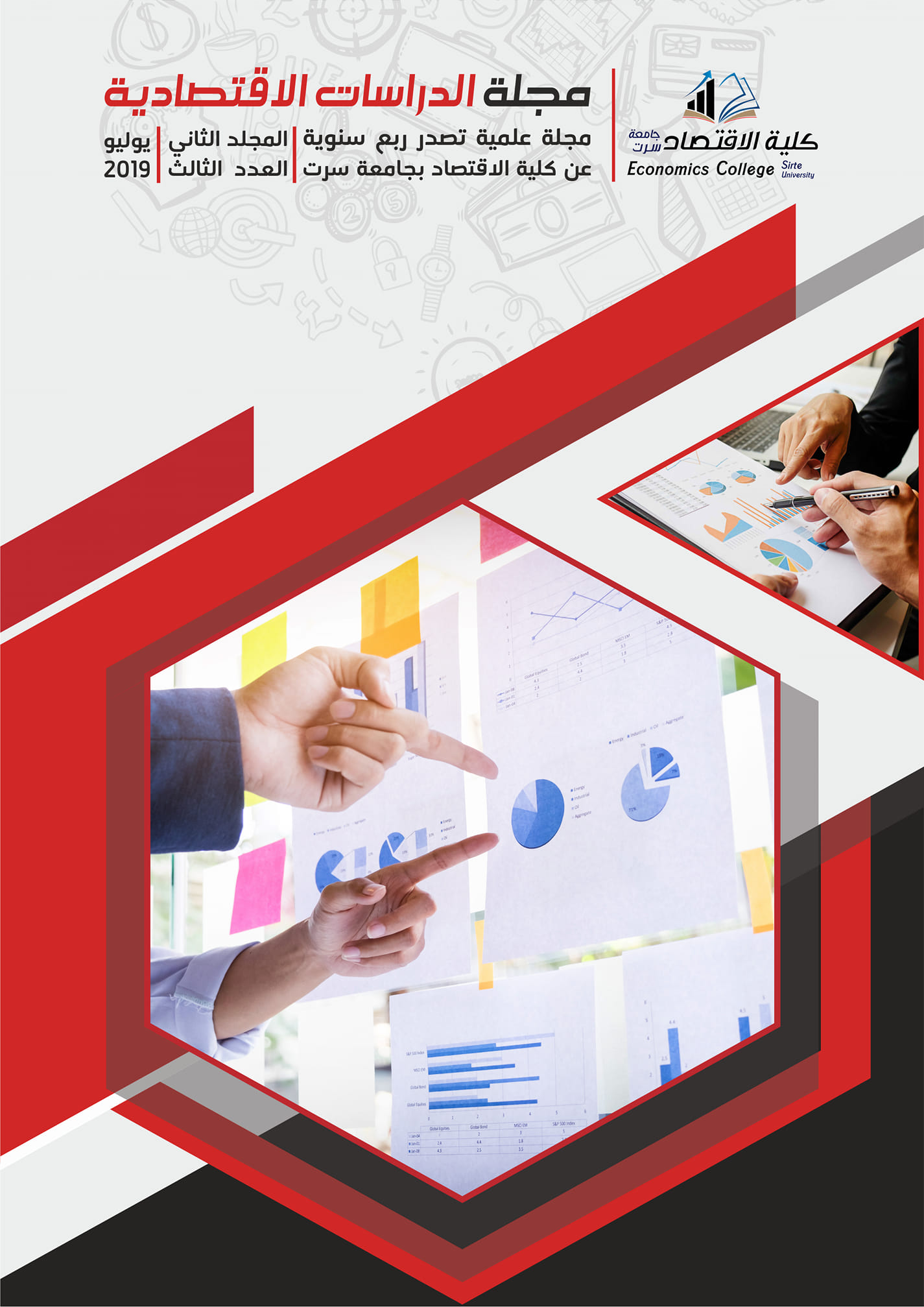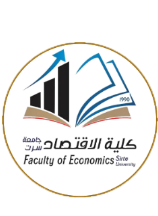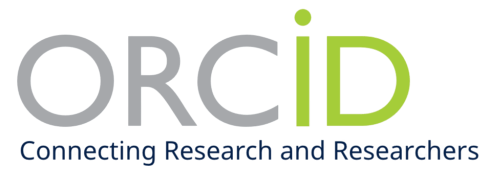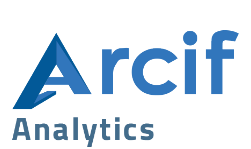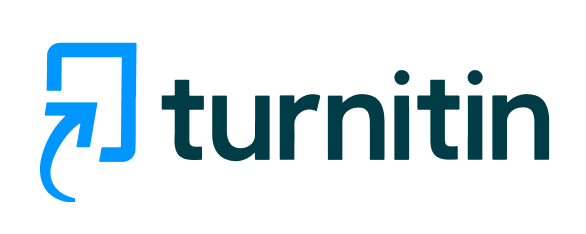العلاقة بين رأس المال الفكري وريادة الأعمال في الجامعات الخاصة بمدينة بنغازي دراسة ميدانية على الجامعة الليبية الدولية للعلوم الطبية
DOI:
https://doi.org/10.37375/esj.v2i3.2041Keywords:
Entrepreneurship, Intellectual Capital, Business Organizations, Private UniversitiesAbstract
The study aims to addressing and defining the concept of intellectual capital and its relation to entrepreneurship in business organizations. Also, to identify the reality of the performance of educational institutions in Benghazi and assess the level of interest in the requirements of the transition to the adoption of intellectual capital as one of the elements of important assets. In addition to reaching results that may help to achieve entrepreneurship for the study sample as well as provide a proposed vision for development. The study population included the members of the teaching staff of the medical colleges at the Libyan of Medical Sciences University for the period from May to August 2018. The data for this study were collected by distributing a questionnaire form on a random sample of the study population. The study variables included intellectual capital in its three components as an independent variable, and entrepreneurship as a dependent variable. The statistical program SPSS was also used to analyze the data obtained. The results showed that there is a statistically significant correlation between intellectual capital and entrepreneurship, which led to acceptance of the null hypothesis and rejection of the alternative hypothesis. The study also recommended expanding the study to include the other private universities in Libya, as well as conducting such studies to include Libyan business organizations. In addition, to employing intellectual capital components in business organizations more effectively, in order to enhance their positive impact in achieving entrepreneurship.
References
• Ahmadi, A., Ahmadi, F.,& Shakeri, S. (2011). The survey of relationship between Intellectual capital (IC) and performance (OP) within the national Iranian south oil company. Interdisciplinary Journal of Contemporary Research in Business, 3 (5), 1 – 12.
• Allameh, S., Abbasi, S., & Shokrani, S. (2010). The mediating role of organisational learning capability between intellectual capital and job satisfaction. European Journal of Social Sciences, 17(1), 1–12.
• Ayar, S., Bakhnoo, M., Abdoullahi, S., & Mahmoodi, A. (2016). Investigating the relation between intellectual capital and organizational entrepreneurship: case study the governmental institutions of west Azerbaijan province in Iran. International Journal of Humanities and Cultural Studies, 2509 – 2522.
• Bollen, L., Vergauwen, P., & Schnieders, S. (2005). Linking intellectual capital and intellectual property to company performance. Management Decision, 43(9), 1161–1185.
• Bontis, N., Chua, W. C. K. & Richardson, S. (2000). Intellectual Capital and Business Performance in Malaysian Industries. Journal of Intellectual Capital ،1(1), 85-100.
• Bontis, N., Crossan, M., & Hulland, J. (2002). Managing an organizational learning system by aligning stocks and flows. Journal of Management Studies, 39(4), 439–469.
• Brooking, A. (1997). The management of intellectual capital. Long Range Planning, 30 (3), 364–365.
• Cabrita, M., & Bontis, N. (2008). Intellectual capital and business performance in the Portuguese banking industry. International Journal of Technology Management, 43(1–3), 1–26.
• Choudhary, J. (2010). Performance impact of intellectual capital: A study of Indian IT sector. International Journal of Business and Management, 5(9), 72–80.
• Edvinson, L., & Malone, M. (1997). Intellectual capital: Realizing your company’s true value by finding its hidden roots. New York, NY: Harper Business.
• Eren, E., & Kocapinar, E., B. (2009). Is Intellectual Capital Antecedent of Entrepreneurship Orientation. Journal of Global Strategic Management, 3 (2), 121- 135.
• Haidar, J.I. (2012). Impact of Business Regulatory Reforms on Economic Growth. Journal of the Japanese and International Economies, Elsevier, 26(3), 285–307.
• Halim, S. (2010). Statistical analysis on the intellectual capital statement. Journal of Intellectual Capital, 11(1), 61–73.
• Hsu, Y., & Fang, W. (2009). Intellectual capital and new product development performance: The mediating role of organizational learning capability. Technological Forecasting & Social Change, 76(5), 664 677.
• Isaac, R., Herremans, I., & Kline, T. (2010). Intellectual capital management enablers: A structural equation modeling analysis. Journal of Business Ethics, 93(3), 373–391.
• Kavida,V., & Sivakumar. (2009). Intellectual capital: A strategic management perspective. The IUP Journal of Knowledge Management, 7(6), 55–69.
• Kristandl, G. & Bontis, N. (2007). Constructing a Definition for Intangibles using the Resource Based View of the Firm. Management Decision, 45(9), 1510-1524.
• Lings, I., & Greenley, G. (2005). Measuring internal market orientation. Journal of Service Research, 7(3), 290–305.
• Low, J. (2000). The value creation index. Journal of Intellectual Capital, 1(3), 252–262.
• Morgan, P. M.& Darroch, J. (2006). Large firms entrepreneurial marketing processes and the cycle of competitive advantage. European Journal of Marketing, 40 (5& 6). 485 – 501.
• Morris, M., & Schindenutte, M. (2002). Entrepreneurial Marketing a Construct for Integrating Emerging Entrepreneurship and Marketing Perspective. Journal of Marketing Theory and Practice, 10 (4), 1 – 19.
• Raja Adzrin, R. A., Abu Thahir, A. N. & Maisarah, M. S. (2009). Value Creation Strategy for Sustainability. Accountants Today, 22 (1), 12 – 18.
• Roos, G., Pike, S. & Fernström, L. (2005). Managing Intellectual Capital in Practice, Oxford: Butterworth-Heinemann.
• Safariyan, S., & Enaayati, T. (2018). The Effect of Organizational on Intellectual Capital Considering the Meditating Role of Academic Entrepreneurship in Mazandaran Islamic Azad University. Revista Publicando, 16 (1), 483 – 504.
• Sharabati, A., Jawad, S., & Bontis, N. (2010). Intellectual capital and business performance in the pharmaceutical sector of Jordan. Management Decision, 48(1), 105–131.
• Shih, K., Chang, C., & Lin, B. (2010). Assessing knowledge creation and intellectual capital in banking industry. Journal of Intellectual Capital, 11(1), 74–89.
• Subramaniam, M., & Youndt, M. (2005). The influence of intellectual capital on the types of innovative capabilities. Academy of Management Journal, 48(3), 450–463.
• Sullivan, P. H. (1999). Profiting from Intellectual Capital. Journal of Knowledge Management,3(2), 132-142.
• Talebi, K., & Bahamir, A. (2012). Identification of Intellectual Capital Effects on Promoting organizational Entrepreneurship (Charmahal – E Bakhtiari Ministry of Cooperatives, Labour and Social Welfare). International Journal of Business Economics& Management Research, 2 (6), 37 – 44.

